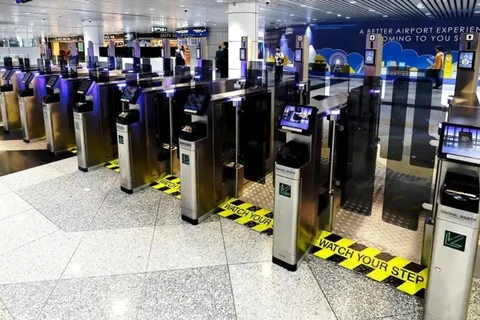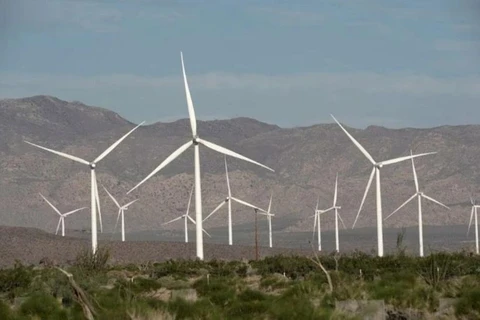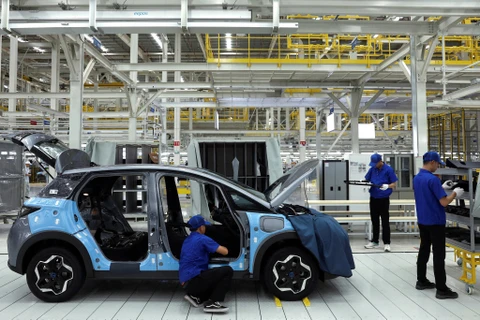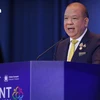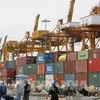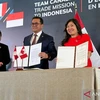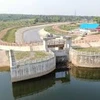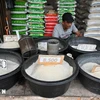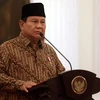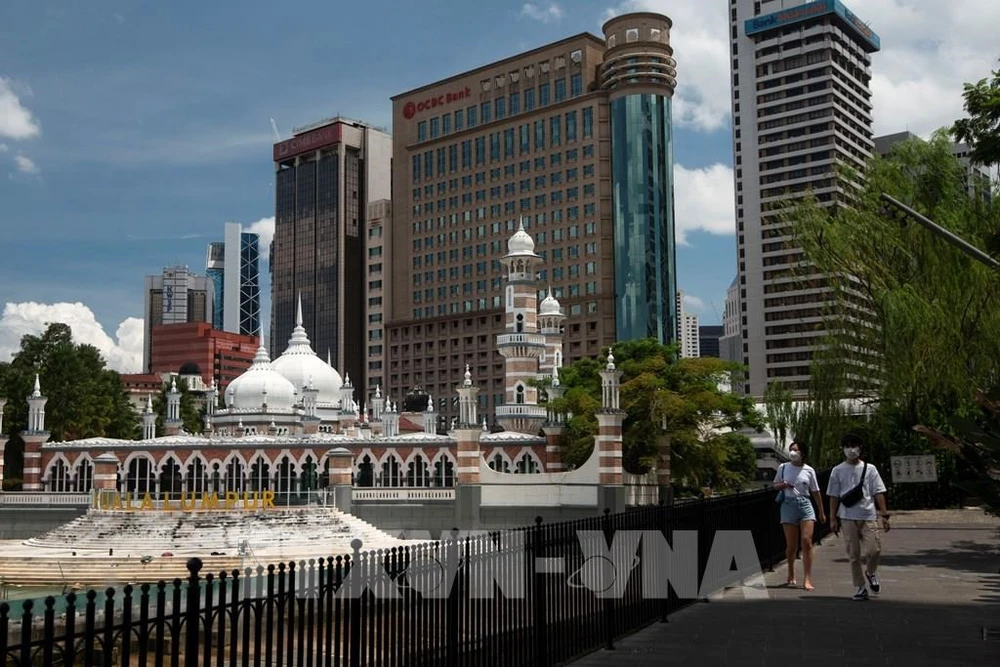
Kuala Lumpur (VNA) – As the ASEAN Chair in 2025, Malaysia aims to position the region and itself as dynamic hubs for investment, trade, and industry, especially in helping global supply chains become more resilient.
At the fifth World Association Presidents’ Summit in Kuala Lumpur, Minister of Investment, Trade, and Industry Zafrul Abdul Aziz highlighted Malaysia's commitment to ASEAN’s broader vision of attracting right investments into Southeast Asia.
While services dominated almost 74% of investments in ASEAN in 2022, manufacturing accounted for only 22%. During its ASEAN Chairmanship, Malaysia plans to address this imbalance by boosting manufacturing investments, particularly in electric vehicles (EVs), semiconductors, and the digital economy.
The minister expressed optimism that Malaysia’s chairmanship in expanding cross-border investments, especially with China and the Middle East, will drive transformative innovations and economic exchanges, along with cross-regional economic growth and investments.
The theme of Malaysia’s chairmanship next year is "Inclusivity and Sustainability" shows the country’s intention to guide ASEAN towards equitable, sustainable and inclusive growth, he noted.
As ASEAN advances its industrial goals, Malaysia’s contribution is in the form of its semiconductor capacity, which helps secure the global supply chain for this vital industry and which is recognised as the lifeblood of modern lifestyle, innovation and technological growth. This is why the country came up with the National Semiconductor Strategy, which aims to strengthen Malaysia’s, and by extension, ASEAN’s position as a pivotal player in the global semiconductor landscape, according to the official.
As ASEAN Chair, he added, Malaysia will advocate for policies that promote social equity, financial accessibility, and inclusive participation in the ASEAN economic community. It aims to empower all segments of society, particularly women, youths and startups, ensuring that everyone has a chance to thrive and get a fair share of ASEAN’s prosperity.
Through the economic pillar, its commitment to these goals are centred around four strategic thrusts, which are to enhance intra-Asean trade and investments, create an inclusive and sustainable future, promote the integration and connectivity of economies as well as build a digitally resilient ASEAN,” said Tengku Zafrul./.
